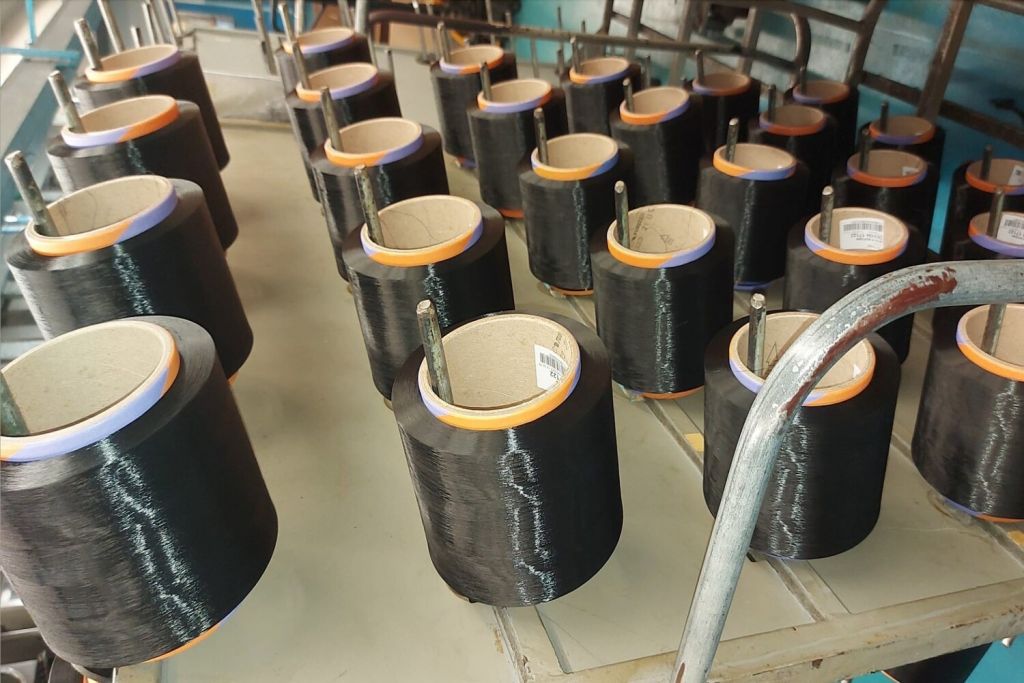Newsletter Signup - Under Article / In Page
"*" indicates required fields
Global brands need to take action by using sustainable materials with traceable and transparent supply chains, the CEO of a US biotech company says.
Genomatica (Geno) alongside longtime collaborator Aquafil has just completed the first demonstration scale production runs for plant-based nylon-6.
Christopher Schilling, Geno CEO says: “Now, more than ever, global brands are taking action to incorporate sustainable materials into their products. We’re working to build purposeful, traceable and transparent supply chains, in this case for nylon-6, with the goal to provide more sustainable products that consumers demand and material solutions that can help brands achieve their ESG goals.”
Plant-based nylon
The material is intended to reshape the $22 billion nylon industry, enabling brands to meet demand from consumers for sustainable everyday materials from apparel to automotive parts to carpets. Geno and Aquafil have produced the first several tons of plant-based nylon-6 building block caprolactam, have converted it to nylon-6 polymer and are now in the process of transforming it for evaluation in nylon applications — such as yarns for textile and carpet and engineering plastics as part of pre-commercial quantities from demonstration production taking place in Europe.
The companies have been collaborating to first produce pilot-scale quantities of plant-based nylon-6 and have now advanced to produce pre-commercial quantities at demonstration scale which will help determine the final design of future commercial plants. The material will go to leading global brands and their value chain partners who are eager to explore and develop renewable products, create showcase goods and test feedback with customers.
Giulio Bonazzi, Aquafil CEO added: “The world needs every possible approach put into action to make supply chains sustainable, and making bio-based nylon is an essential piece of that. Plant-based nylon can perfectly complement our approach to depolymerizing nylon products once they reach the end of their useful life. Together, we share a vision to lead the transition to more sustainable materials which has driven our long-term collaboration.”
High-impact deals
Plant-based nylon-6 is Geno’s third major product line on a path to commercialization. The company has executed high-impact deals with a range of brands to accelerate the global commercialization of sustainable materials, with the potential to reduce greenhouse gas emissions by 100 million tons in upcoming years.
Geno says it is harnessing biology to remake everyday products and materials built by and for the planet. In response to the urgent climate crisis, Geno says it is developing and scaling sustainable materials derived from plant- or waste-based feedstocks instead of fossil fuels.
Founded in 1965, Aquafil is one of the main producers of nylon in Italy and worldwide. The group is present in seven countries and across three different continents.
Geno has also worked with Unilever on a plan to scale and commercialize alternatives to palm oil and fossil fuel-derived cleansing ingredients. You can listen to more about Unilever’s plans on our podcast here.
Partnering 2030: FME Industries Report







